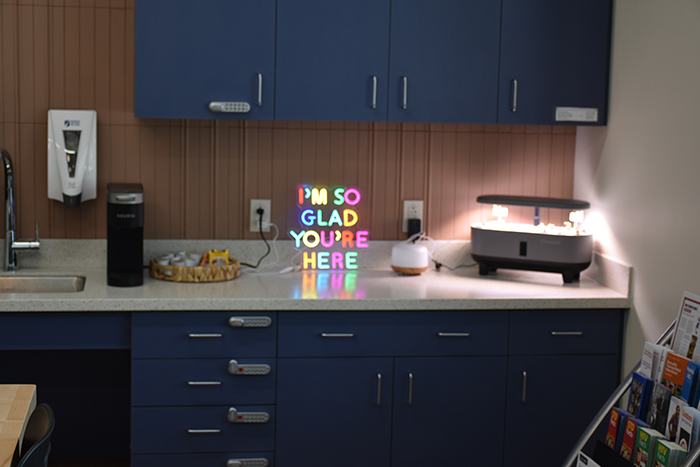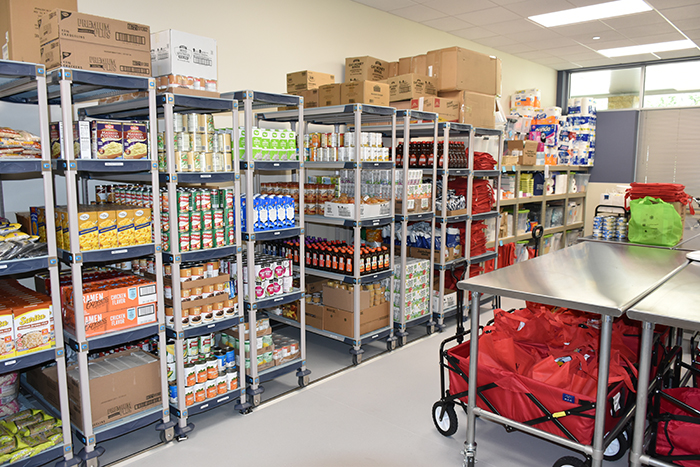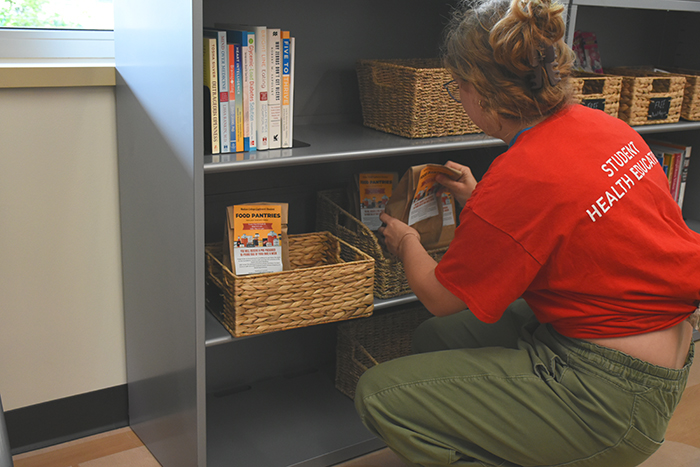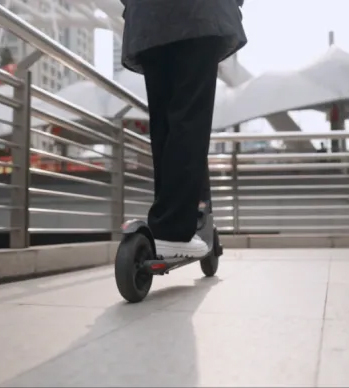Food insecurity affects thousands of college students across the United States each year, creating barriers to education. Many students are left hungry, relying on a pack of instant ramen and whatever they can scrape together at a corner store. At Madison College, the Cupboard Student Food Pantry, run by Peer Health Education, has been addressing this struggle in hopes of keeping students happy, healthy and well-fed.
A challenge the program faced was the lack of permanent space, having operated out of a space that was once an old storage closet. Now, after a hectic period of construction and remodeling last summer, the Cupboard Student Food Pantry has moved into its own custom-built space.

The Student Wellness Center, in Room 101 of the Health Building, was designed to support student success by promoting wellness and helping students thrive in school and beyond.
The space will host Peer Health Education programming, educational events and activities. The food processing facility in the back of the room functions as the heart of the student food pantry.
The new facility includes two kitchenettes, sliding storage shelves to make the most of the space, comfortable tables and seating for students to gather during programming and a refrigerator. With the refrigerator, staff hope to store produce and continue distributing it to students as they do in the summer and fall.
Denise Holin, student health educator at Madison College, said the new space is a big step forward.
“Our Student Health program goes beyond simply providing information and materials. It is designed to develop and present a variety of educational programs by the Peer Health Educators, aimed at engaging the diverse Madison College student body on important personal wellness and health-related topics.”

From summer 2024 to 2025, the pantry helped almost 1,600 students at both the Goodman South and Truax campuses, distributing more than 20,000 pounds of food. The new space will make processing food more efficient and allow the program to reach more students.
A key part of this effort is making students feel accepted and not ashamed to access the pantry. Staff have worked to make the space welcoming, aesthetically pleasing and dignified. The room is adorned with soft decorations and plants to make it feel more like home.
This fall, students can expect programming and activities at the Student Wellness Center, from educational guest speakers to volunteer opportunities, such as packing bags for the pantry.
Check out Peer Health Education on WolfPack Connect to stay in the loop on offerings and food pantry hours. Email [email protected] with any questions or to learn how to get involved with Peer Health Education.





























